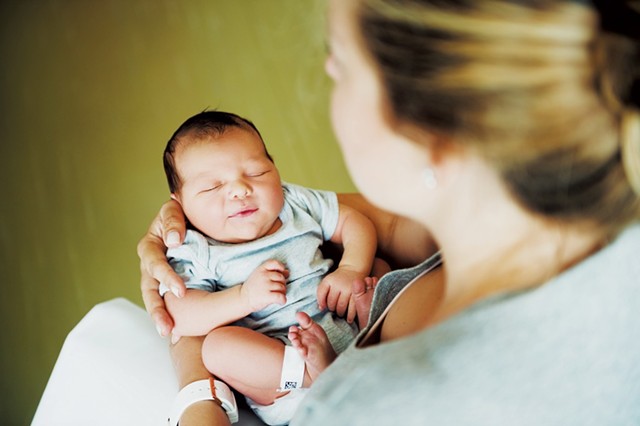Published December 29, 2018 at 6:00 a.m.
This article was originally published in Seven Days' monthly parenting magazine, Kids VT.
More By This Author
Speaking of Kids VT
-

Teen Tweets: Burlington Middle Schoolers Make Colorful Avian Collages
Mar 12, 2024 -

Imagine the World We Expect From Kids
Mar 12, 2024 -

Swedish Cinnamon Rolls: A Recipe for 'Kanelbullar'
Mar 12, 2024 -

Addressing a Crisis Among Young Men
Mar 12, 2024 -

In Case You Missed It: Recent Stories From 'Seven Days' Reporter Alison Novak
Mar 12, 2024 - More »
Comments
Showing 1-1 of 1
Comments are closed.
From 2014-2020, Seven Days allowed readers to comment on all stories posted on our website. While we've appreciated the suggestions and insights, right now Seven Days is prioritizing our core mission — producing high-quality, responsible local journalism — over moderating online debates between readers.
To criticize, correct or praise our reporting, please send us a letter to the editor or send us a tip. We’ll check it out and report the results.
Online comments may return when we have better tech tools for managing them. Thanks for reading.
















































